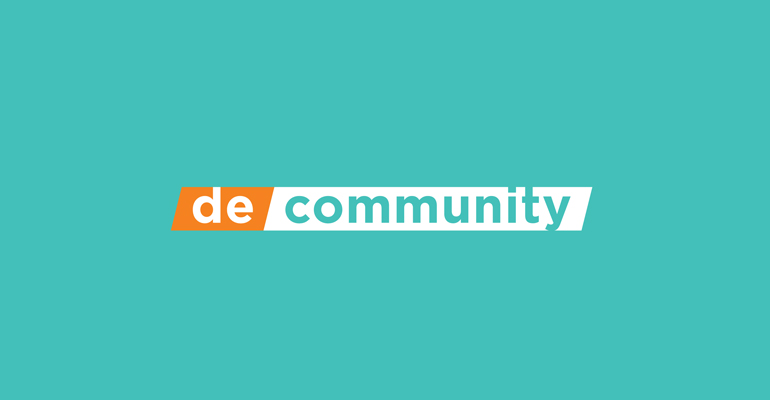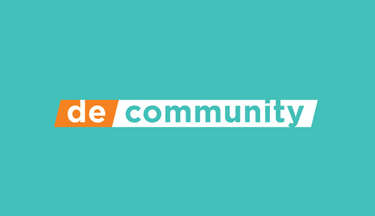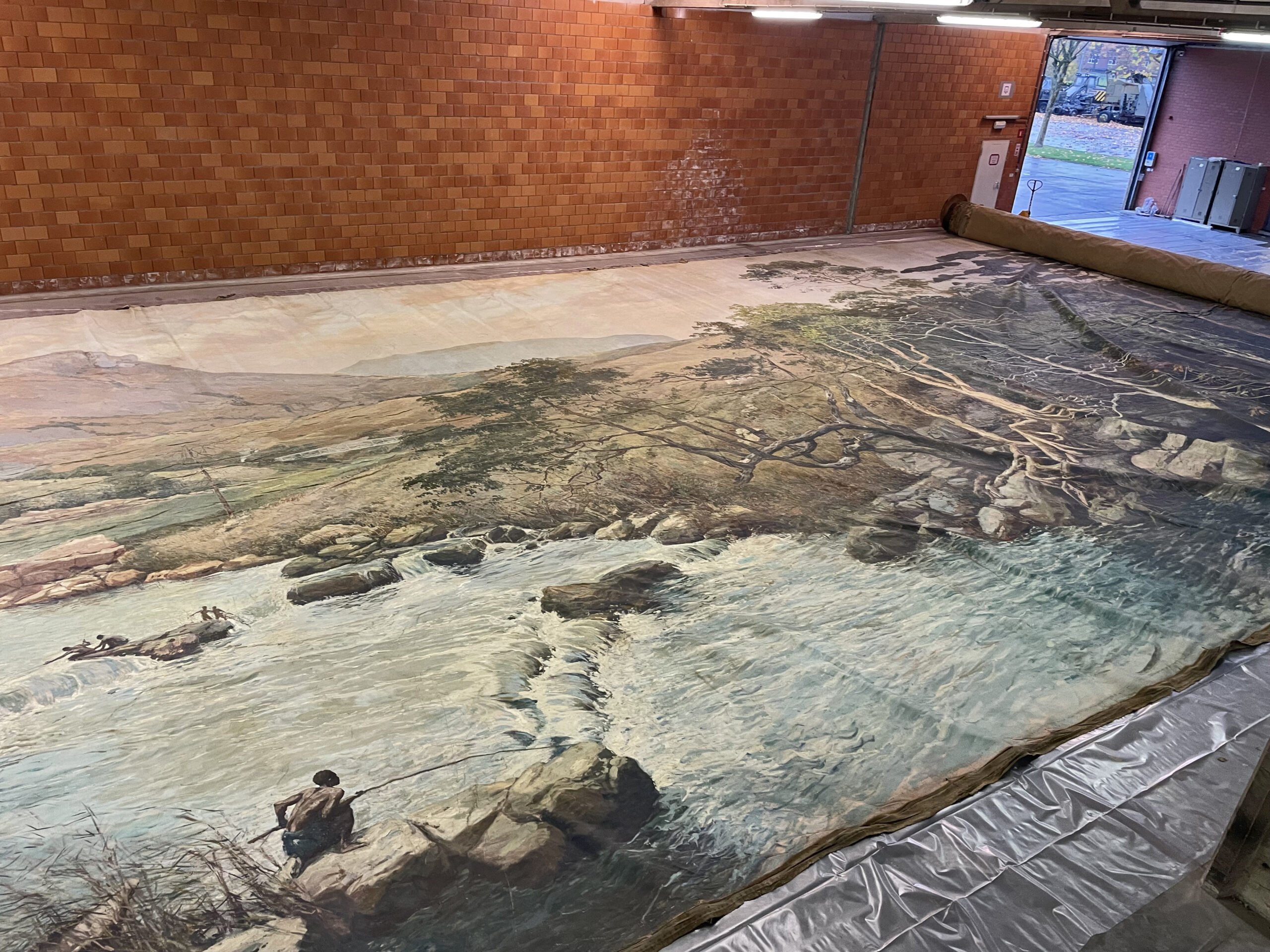During the course of the architecture and activism elective, we were occasionally talking about the various terms abundantly used not only in architecture, but generally in our contemporary globalised meritocratic world. I consider myself too part of this phenomenon, and I am sometimes guilty of using these terms too. This text is, ironically, probably no exception. Nonetheless it might be worth to critically examine these circumstances.
In architecture, terms such as strategy or sustainable or appropriation or collective or productive or creative or gentrification or sprawl or smart city or vernacular or mixed-use or permeable or fabric or streetscape or homogenous or heterogenous or public or private and even the arguably problematic terms of semi-public and semi-private are stamped upon everything and thrown around with little considerations about their meaning. They often put complex correlations into simplified categories. In the sofa talk on the anti-squat law, Tristan Boniver beautifully said that he is evading the term “squatting”, as it precisely turns manifold issues into something that everybody has their own personal biased opinion about.
Increasingly, architectural terminology is also drawn into the contemporary jargon of neoliberalism, where everything is commodified and categorized. We are using terms like consumers or users or customers or clients or content or output or results or demand or efficiency or growth or gains or value or wealth or market or investment or profit or trickle-down. Words from a world where everything and everyone is made into a business, from people sharing images, followers in social media, interests of people and even behaviour of people. Not only in nowadays prime romping place of new business ventures – the internet – but also creeping into the real physical world. We, our interests and our behaviour, are labelled and put into categories, divided into groups, ready to be sold and capitalized.
We are worryingly succumbing to these trends and driving it further by mindlessly adopting the corresponding language. These terms carry a connotation of the status quo and covertly influence the way we think about the world. They tend to keep us functioning members of a neoliberal world order. Room for the many nuances of the reality we are living in is eradicated.
But not everything can be simply stamped and labelled. We should question the terms we use and use them carefully and thoughtfully. We should try to name the things that are surrounding us and which we propose or create precisely. We should stop selling what we create by those overused terms, because they often do not live up to the complexity of the real world.
David Wirth




















